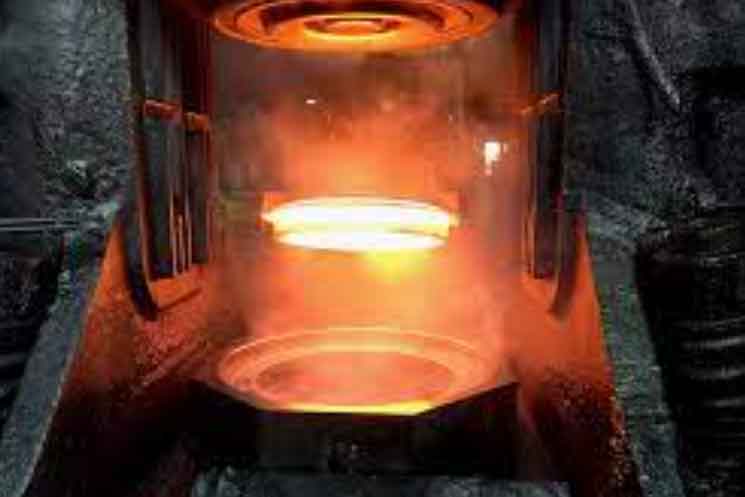
Forging has been a fundamental manufacturing process for centuries, enabling the creation of durable and high-performance components. In the realm of gear manufacturing, forging techniques play a crucial role in producing gears with exceptional performance characteristics. This article explores how advanced forging techniques are revolutionizing the gear manufacturing industry and enhancing gear performance.
The Significance of Gear Performance:
Gears are essential components in various mechanical systems, transmitting power and torque while maintaining precise motion control. The performance of gears directly impacts the efficiency, reliability, and durability of the systems they are a part of. Therefore, optimizing gear performance is vital for industries ranging from automotive to aerospace.
Traditional Forging Techniques for Gears:
Conventional forging methods, such as open-die and closed-die forging, have long been employed in gear manufacturing. These techniques involve shaping the gear blank through the controlled application of heat and pressure. While effective, traditional forging approaches have limitations in achieving intricate geometries and desired material properties.
Advanced Forging Techniques:
a. Precision Forging: Precision forging utilizes closed-die forging with improved control over shaping and dimensional accuracy. It enables the production of complex gear geometries, including helical, bevel, and worm gears, with minimal material waste. Precision forging allows for tight tolerances and enhances gear performance by ensuring optimal tooth profile and surface finish.
b. Isothermal Forging: Isothermal forging involves forging at elevated temperatures where the workpiece and dies are held at nearly constant temperature throughout the process. This technique reduces the risk of workpiece cracking and enhances material flow, resulting in superior grain structure and mechanical properties. Isothermal forging can produce gears with exceptional strength, fatigue resistance, and wear characteristics.
c. Near-Net Shape Forging: Near-net shape forging aims to minimize or eliminate the need for extensive machining operations after forging. By using advanced die designs and precise process control, near-net shape forging achieves gear blanks with close-to-final dimensions, reducing material waste and production costs. This technique also enhances gear performance by maintaining the integrity of the gear’s microstructure.
Material Advancements:
Advanced forging techniques are complemented by the development of high-performance materials for gear manufacturing. The selection of suitable materials, such as alloy steels and superalloys, combined with precise forging processes, enhances gear performance in terms of strength, hardness, wear resistance, and heat resistance. Material advancements also facilitate weight reduction without compromising performance, improving overall system efficiency.
Quality Control and Testing:
To ensure the reliability and performance of forged gears, stringent quality control measures and testing protocols are essential. Non-destructive testing methods, such as ultrasonic and magnetic particle inspections, are employed to identify any defects or irregularities. Mechanical testing, including hardness and impact testing, validates the material properties of the forged gears. Such comprehensive quality control practices guarantee gear performance and long-term durability.
Conclusion: Advanced forging techniques have ushered in a new era of gear manufacturing, enabling the production of high-performance gears with enhanced properties and geometries. Precision forging, isothermal forging, and near-net shape forging techniques, along with material advancements, have revolutionized the gear industry by improving gear performance, durability, and efficiency. As technology continues to evolve, further advancements in forging techniques and materials are expected, driving gear manufacturing to even greater heights of excellence.
